

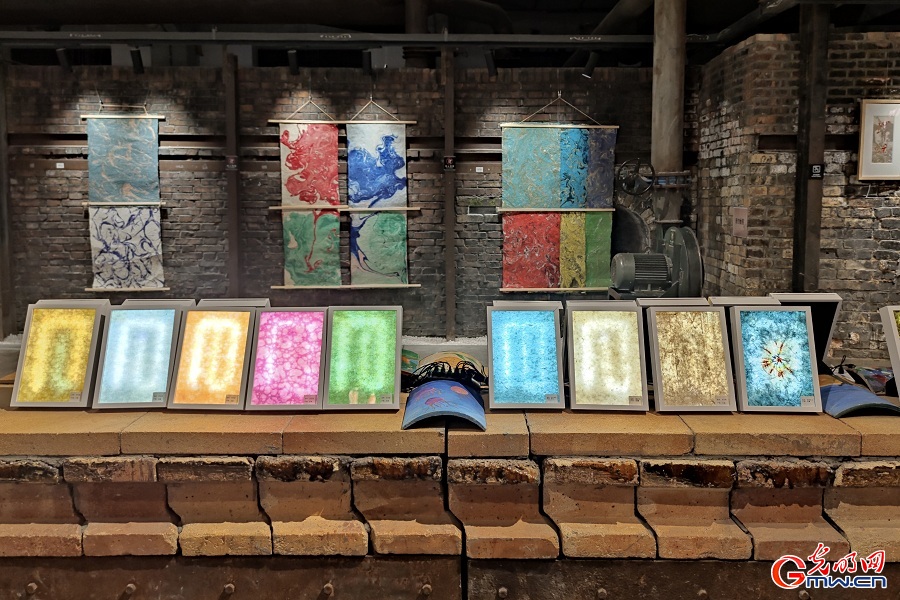
Photo taken on Feb. 2, 2025 shows the innovative Liuli products displayed at the Tunnel Kiln section of the Jinyu Liuli Cultural and Creative Industry Park in Beijing, China's capital city. (Photographer's name/Guangming Picture)
Originating from the color-glazed pottery of ancient Egypt and introduced to China via Western Asia, Liuli has a history that spans over a millennium. Once a hallmark of imperial power during the Yuan, Ming, and Qing Dynasties, Liuli has evolved from its historical roots into a dynamic symbol of cultural heritage and modern creativity.
The art of Liuli first emerged in ancient Egypt and made its way into the Central Plains, where it quickly became an integral part of Chinese artistic tradition. By the Northern Wei Dynasty and further refined through the Tang and Song Dynasties, Liuli craftsmanship reached a high level of maturity. The establishment of the Liuli Bureau in 1263 during the Yuan Dynasty laid the foundation for what would later become the original Beijing Liuli Products Factory, a legacy that has now spanned more than 700 years.
Over the centuries, Liuli’s rich history has been intertwined with Chinese culture and statecraft. It was not only a decorative art form but also a symbol of imperial authority, utilized to adorn significant buildings and monuments. This deep cultural association has ensured that Liuli remains a treasured art form, celebrated for its intricate craftsmanship and historical significance.
Following the founding of the People’s Republic of China, the ancient Liuli firing techniques underwent a renaissance. Modern Liuli factories revitalized the traditional processes, contributing to major national projects and the production of Liuli elements for China’s “top ten buildings.” This melding of ancient techniques with contemporary requirements has ensured that Liuli remains relevant in the modern architectural landscape.
Since the 1960s, Liuli products have experienced a cultural revival, setting off trends that emphasize their national characteristics and rich cultural connotations. Their unique blend of traditional artistry and historical symbolism caught the attention of an international audience, leading to Liuli exports across Southeast Asia and worldwide. Today, Chinese Liuli not only graces ancient palaces and modern landmarks alike but also serves as a beacon of Chinese traditional architectural culture on the global stage.
In recent years, the Liuli industry has been proactive in embracing creative transformation and innovative development. Recognizing the importance of cultural self-confidence and the need to inherit and promote Chinese culture, artisans and designers are reinventing Liuli for a new era.
New forms of Liuli cultural creative products are emerging, ranging from contemporary art installations to interior design elements that blend traditional motifs with modern aesthetics. These innovative products not only honor the time-honored craftsmanship of Liuli but also push the boundaries of design and functionality. By integrating modern technology and design trends, the Liuli industry is ensuring that this ancient art continues to captivate a younger generation, while still preserving its historical essence.
As Liuli continues its journey from a symbol of imperial grandeur to a modern cultural icon, its evolution reflects the broader narrative of Chinese art and industry. The fusion of historical legacy with modern innovation has positioned Liuli at the forefront of cultural creative products, inviting global audiences to experience a unique blend of tradition and modernity.
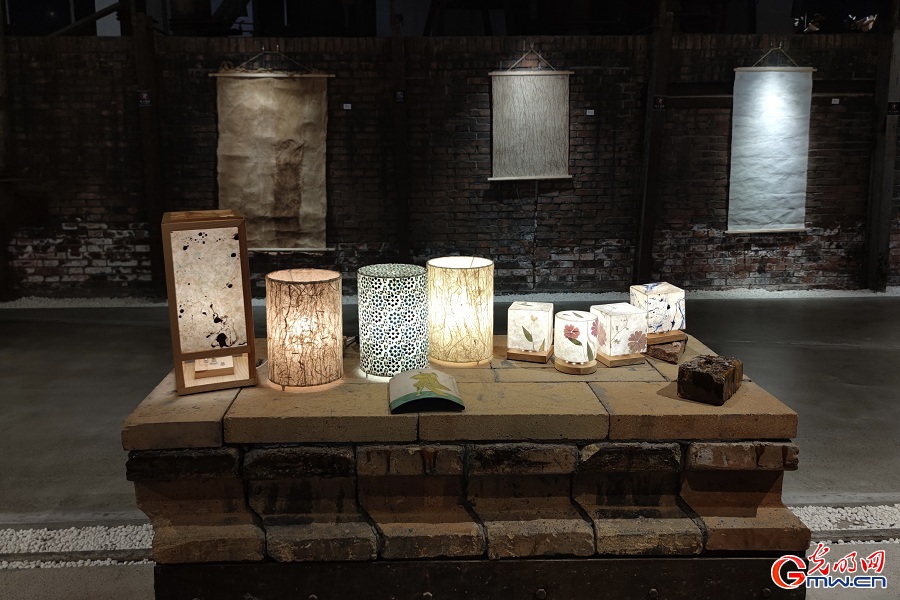
Photo taken on Feb. 2, 2025 shows the innovative Liuli products displayed at the Tunnel Kiln section of the Jinyu Liuli Cultural and Creative Industry Park in Beijing, China's capital city. (Photographer's name/Guangming Picture)
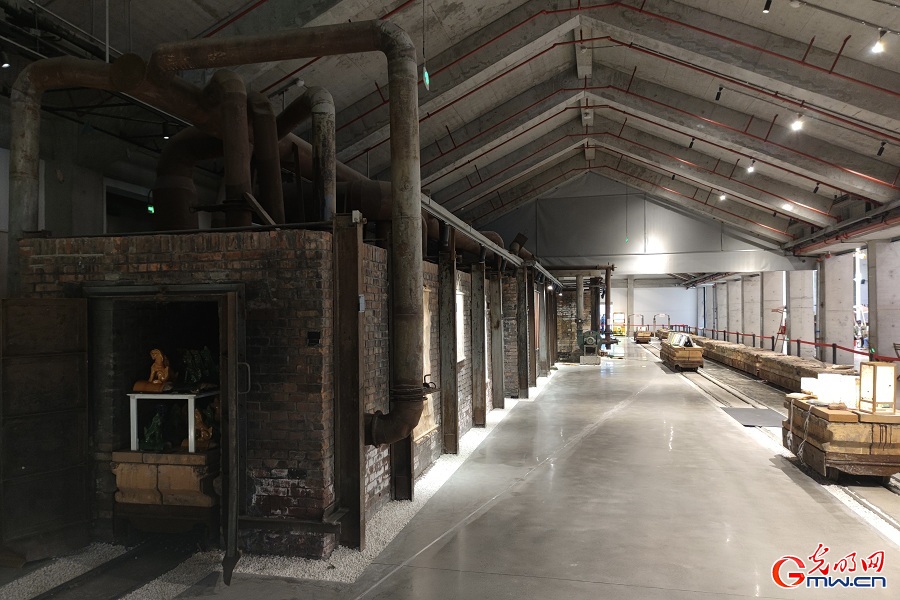
Photo taken on Feb. 2, 2025 shows the Tunnel Kiln section of the Jinyu Liuli Cultural and Creative Industry Park in Beijing, China's capital city. (Photographer's name/Guangming Picture)
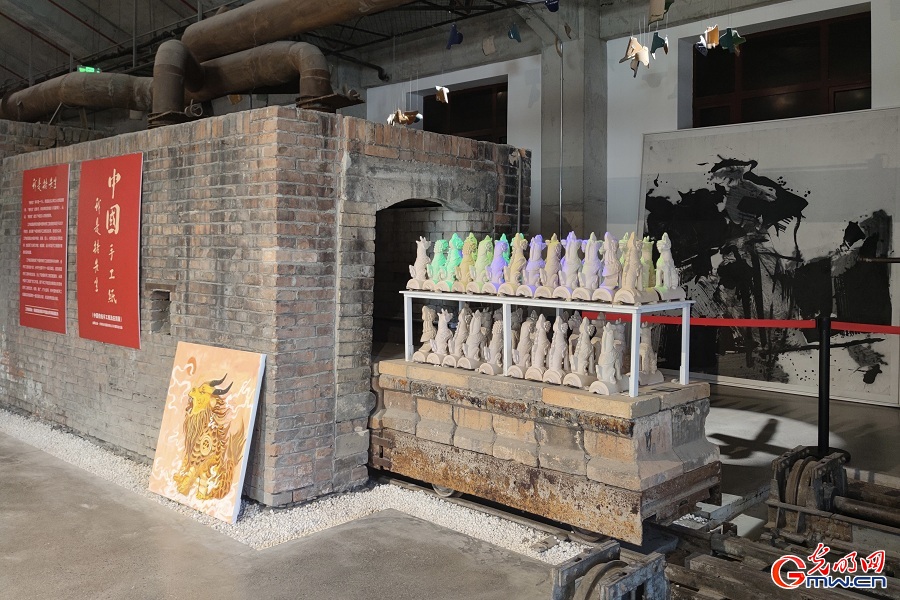
Photo taken on Feb. 2, 2025 shows the innovative Liuli products displayed at the Tunnel Kiln section of the Jinyu Liuli Cultural and Creative Industry Park in Beijing, China's capital city. (Photographer's name/Guangming Picture)

China logs 2.4 billion cross-regional passenger trips during holiday travel surge
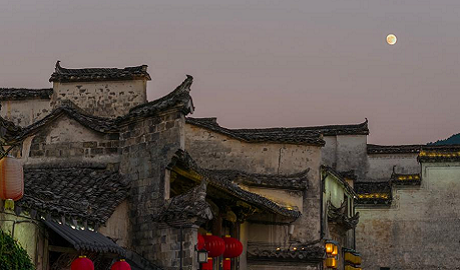
Lantern parade held in Yixian County in E China to celebrate Mid-Autumn Festival

Expressway links China's Jiuzhai Valley, a UNESCO heritage site
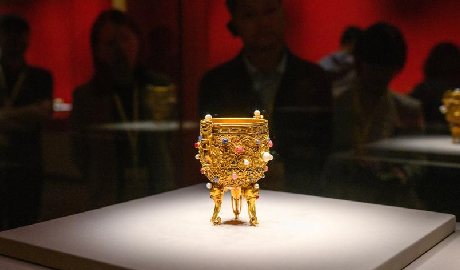
Exhibition held to mark 100th anniversary of founding of Palace Museum in Beijing
点击右上角![]() 微信好友
微信好友
 朋友圈
朋友圈

请使用浏览器分享功能进行分享
